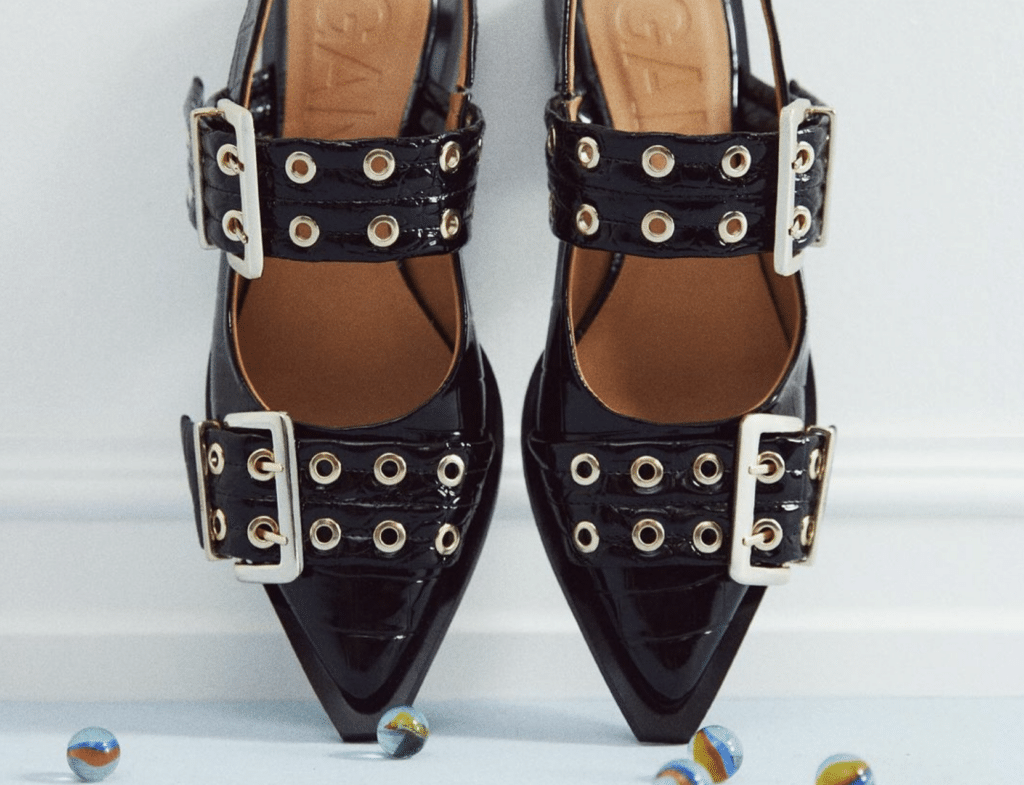Tiffany & Co. is looking to get the amended complaint filed against it by Cartier tossed out of court, arguing that its rival jeweler’s case is a “doomed” attack, “calibrated for maximum publicity.” In a newly-filed motion to dismiss, Tiffany & Co. asserts that Cartier has failed to establish the trade secret misappropriation, unfair competition, and tortious interference claims that it sets out in the case that it first filed in New York state court in February, in which it accuses Tiffany of luring former Cartier employee – and named defendant – Megan Marino away from her role as its Assistant Manager for Jewelry Merchandising to join Tiffany, and getting her to share “very sensitive and valuable” internal Cartier documents in the process.
In response to the amended complaint that Cartier lodged with the court in April, in which it claims that Tiffany engaged in a concerted effort “to solicit and receive … trade secrets and other confidential information that would facilitate the pursuit of [its] stated corporate goal of competing with Cartier’s High Jewelry business” from two former Cartier employees, Tiffany argues that Cartier has failed to make its case. Primarily, Tiffany asserts that Cartier does not allege that the information that Marino allegedly stole from Cartier – including an inventory spreadsheet and “general revenue data” – amounts to trade secret information.
In accordance with New York law, Tiffany contends that trade secrets are limited to “the most sensitive corporate information designed for ‘continuous use in the operation of the business,’” which is distinct from information about “‘single or ephemeral events in the conduct of the business,’ such as general financial and operational data.” While Cartier argues that access to such information “would allow a competitor to ‘make adjustments’ to their product allocations to match [its own],” Tiffany asserts that the information is “ephemeral, operational data, long-since outdated or provisional only, that can never qualify for protection under New York law.”
Second, Tiffany asserts that even if the information at issue was to be construed as trade secrets, Cartier’s claim is still lacking, as that information was “never sufficiently kept secret.” The ability of “Marino, a low-level assistant manager who did not work with High Jewelry, [to] so easily to access supposedly highly-sensitive High Jewelry documents prove[s] only that the documents are not and were never treated as sensitive at all,” Tiffany contends. While Cartier’s shared drive – where the information at issue was stored – was password-protected and its employees were required to sign confidentiality agreements, Tiffany contends that “Cartier admits that the documents were not separately encrypted, password-protected, marked or segregated, or otherwise given protections beyond those provided to standard Cartier documents.”
Finally, Tiffany pushes back against Cartier’s trade secret claim on the basis that it “did nothing wrongful” in connection with Marino’s alleged misappropriation. “Tiffany cannot have aided and abetted Marino in breaching any fiduciary duty where there are no allegations that Tiffany knew what Marino was doing or offered assistance,” the LVMH-owned brand argues. Instead, Tiffany asserts that “Cartier admits that Marino took the documents at issue without any prompting from Tiffany and then voluntarily created and used spreadsheets at Tiffany without Tiffany’s knowledge.”
In addition to allegedly falling short in establishing its trade secret claim, Tiffany argues that Cartier’s claim that Tiffany tortiously interfered fails because “there are no alleged facts showing Tiffany knew of Marino’s agreements or was the but-for cause of any breach.” Beyond that, Cartier’s allegation that Tiffany aided and abetted Marino’s breach of her fiduciary duty to Cartier similarly fails because Cartier “did not and cannot plead at least two elements of this claim,” per Tiffany. Specifically, it argues that Cartier makes “no specific factual allegations supporting its naked assertion that Tiffany knew of Marino’s breach,” and “no particularized allegation that Tiffany ever gave ‘substantial assistance’ to Marino in the ‘achievement of the primary violation.’” And still yet, Cartier’s unfair competition claim “fails for the same reasons as its other claims,” per Tiffany.
With the foregoing in mind, Tiffany argues that the court should dismiss all of Cartier’s claims against it with prejudice.
Tiffany’s motion comes less than a month after Cartier filed an amended complaint, adding an additional defendant on the heels of allegedly “discover[ing] additional substantial evidence of trade secrets misappropriated from Cartier.” Since filing suit, Cartier claims that it “has confronted Tiffany about another employee, Jaron Green, who recently misappropriated dozens of confidential Cartier documents immediately prior to resigning” from his role as Cartier’s Assistant Boutique Manager in Honolulu, Hawaii to take on a “more senior role” at Tiffany.
“Rather than disclose the extent of Green’s misconduct and state whether any of Cartier’s information was disseminated or used,” Cartier claims that Tiffany “continues to employ Green and to defend him,” thereby, requiring it to “bring this action to address Green’s breach of his Confidential Information and Non-Solicitation Agreement and misappropriation of Cartier’s trade secrets and to hold Tiffany responsible for its conduct” in connection with that alleged “breach,” as well as the previously alleged wrongdoing of Tiffany and Marino.
The case is Cartier v. Tiffany & Co., et al., 650925/2022 (N.Y. Sup.).











